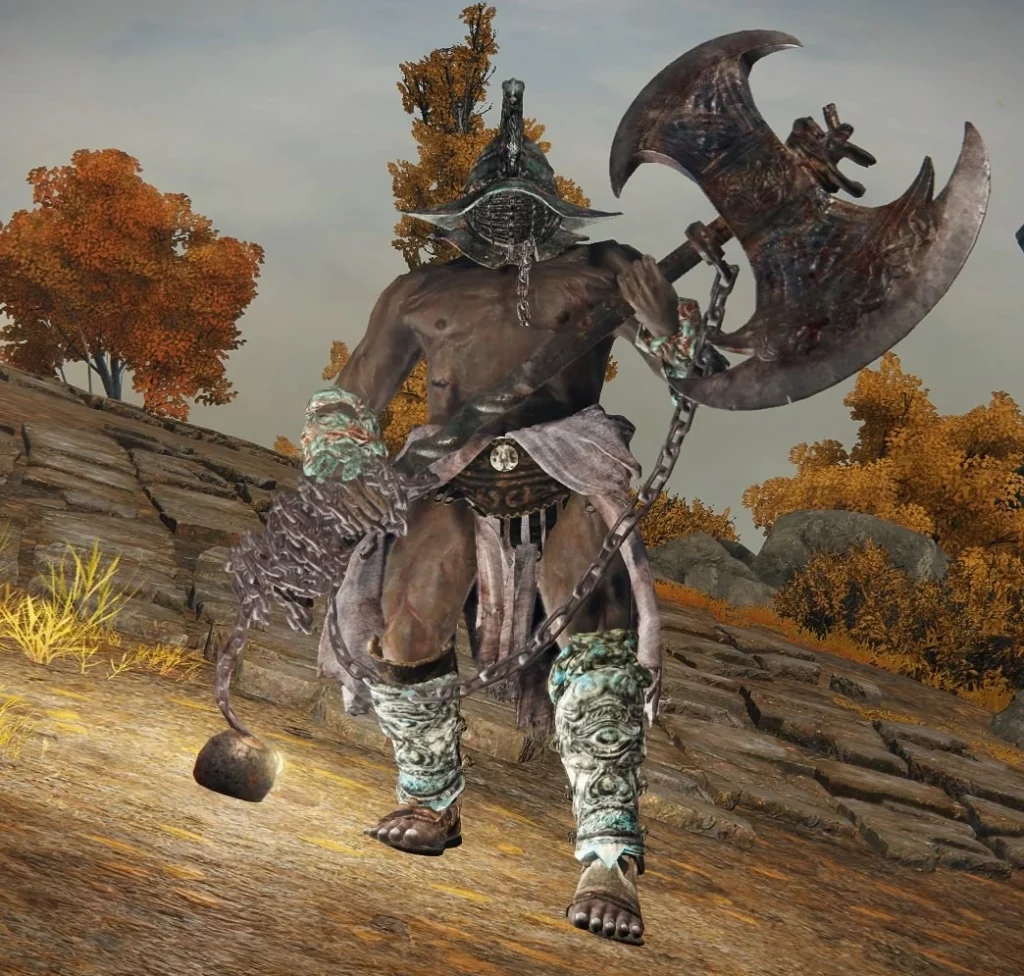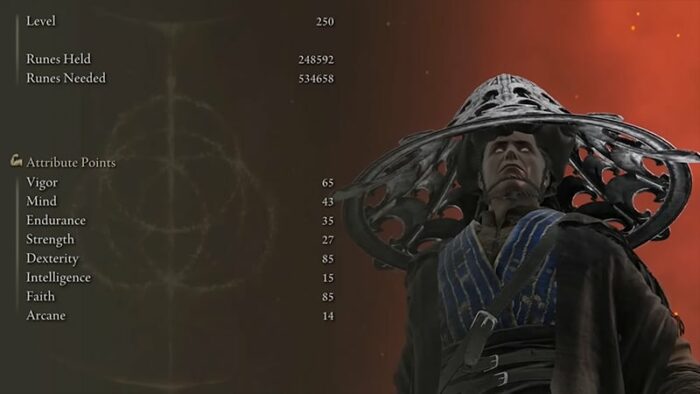The world of Elden Ring, FromSoftware’s newest action RPG, is vast and full of possibilities, particularly when it comes to character builds. Elden Ring builds are the backbone of your gameplay, determining your strengths, weaknesses, and overall strategy.
In this comprehensive guide, we will delve deep into the various Elden Ring builds, offering tips, strategies, and insights to help you become a formidable force in the game.
Understanding Elden Ring Builds
In Elden Ring, a character build refers to the specific allocation of stats, equipment, and abilities that create your character’s combat style and effectiveness. Every decision you make, from the class you choose at the start to the skills you level up, forms part of your Elden Ring build.
Your character’s build will heavily influence your gameplay experience, dictating your strengths and weaknesses in battle, your range of available tactics, and even your interactions with the game world.
How to Construct a Build
Creating an effective Elden Ring build starts with understanding the game’s stats and how they influence your character’s abilities. There are six main stats in Elden Ring: Vigor, Mind, Endurance, Strength, Dexterity, and Intelligence.
Each stat impacts different aspects of your character’s performance, such as health, stamina, physical damage, or magic ability. As you level up, you’ll gain points to distribute among these stats, shaping your character’s capabilities.
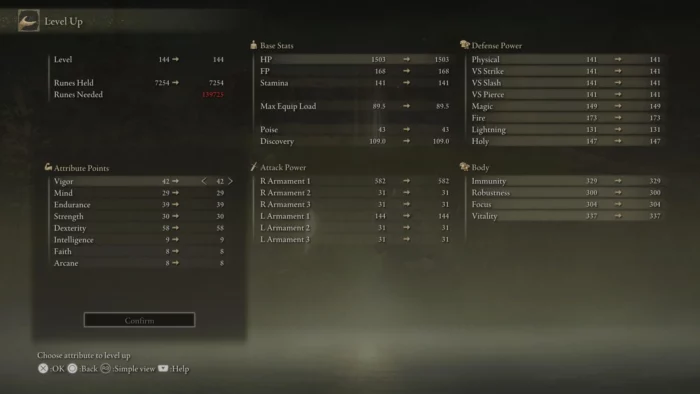
Optimal Starting Classes for Every Build
Elden Ring offers several starting classes, each with its unique stat distribution, making them better suited for certain builds. For example, the Knight class is an excellent choice for a Strength build due to its high initial Strength and Vigor stats. On the other hand, the Astrologer class, with its high Intelligence and Mind, is ideal for Magic or Faith builds.
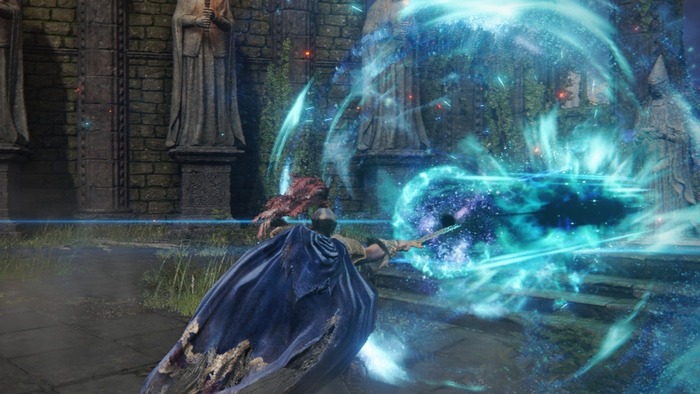
Exploring Different Builds: From Bleed to Spellblade
Elden Ring’s build diversity is one of its greatest strengths, allowing players to create characters that suit their preferred playstyle. Here, we will explore some of the most popular and effective builds, from the deadly Bleed build to the versatile Spellblade build.
Bleed Build
The Bleed build in Elden Ring revolves around inflicting the Bleed status effect on enemies. This build is powerful against enemies with high HP pools, as Bleed deals a percentage of their maximum health as damage.
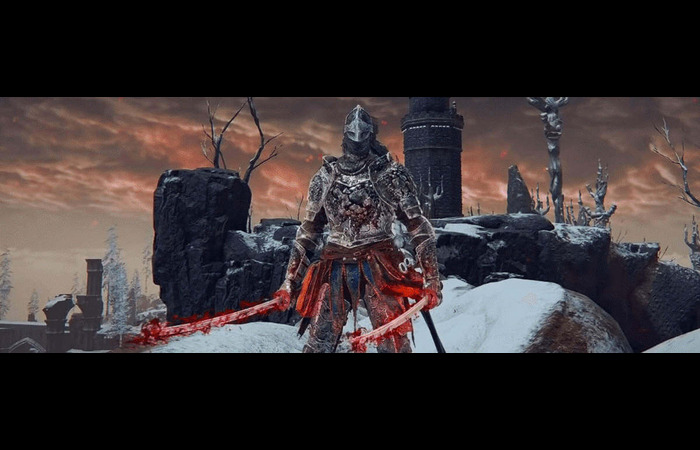
Spellblade Build
The Spellblade build blends physical combat with magic, providing a balanced and versatile playstyle. This build is great for players who want to adapt to any situation, capable of switching between melee combat and spellcasting as

Builds for Progression in Elden Ring
As a player progresses through the game, they’ll need to adapt their builds. A build that was effective in the early game may not necessarily be effective in the later stages. For example, a player might start off with a Strength/Dexterity build to capitalize on melee damage but might find a need to diversify to a hybrid build as they encounter more challenging enemies.
One popular build for progression is the Elden Ring Paladin build. This build focuses on mixing physical strength with faith-based magic, offering a good balance between melee combat and spellcasting. This build is great for players who want to have a mix of offensive options at their disposal, allowing them to adapt to different combat situations.
To create this build, focus on leveling up Strength, Faith, and Endurance. Strength will increase your melee damage, Faith will improve your magic capabilities, and Endurance will increase your stamina allowing you to perform more actions before needing to recover.
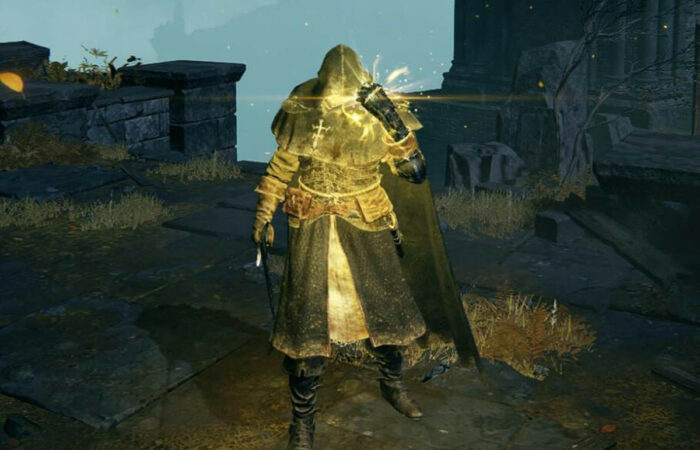
Intelligence/Dexterity Hybrid Build
Another build for progression is the Intelligence/Dexterity hybrid build. This build is designed for players who wish to use both spells and weapons effectively. With this build, you’ll focus on leveling up your Intelligence to improve your spellcasting capabilities and your Dexterity to increase your weapon damage and attack speed.
This build works well with weapons that scale with Dexterity and spells that scale with Intelligence. It offers a lot of versatility and can be effective in both PvE and PvP scenarios.
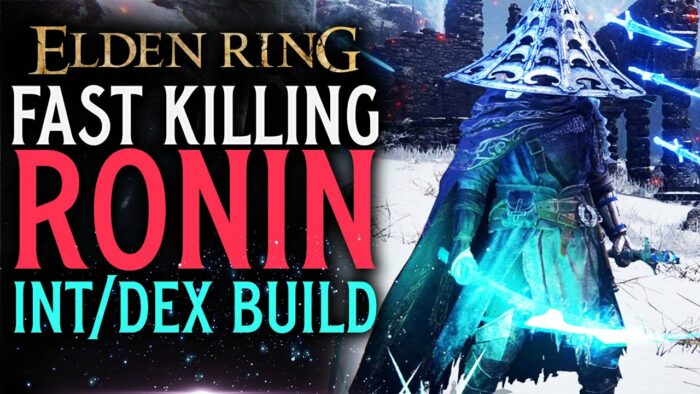
Building for PvP and The Colosseum
Player versus Player (PvP) combat is a significant aspect of Elden Ring. The Colosseum is a particular area in the game where players can engage in PvP combat. As such, many players build their characters specifically with PvP in mind.
Elden Ring Duelist Build
The Duelist build focuses on quick, precise attacks, evasion, and counterattacks, making it ideal for PvP. This build primarily levels up Dexterity for increased attack speed and damage with light weapons and Endurance for improved stamina and mobility.
The Duelist build is a great choice for players who enjoy fast-paced combat and prefer to dodge and counterattack rather than blocking or tanking hits.
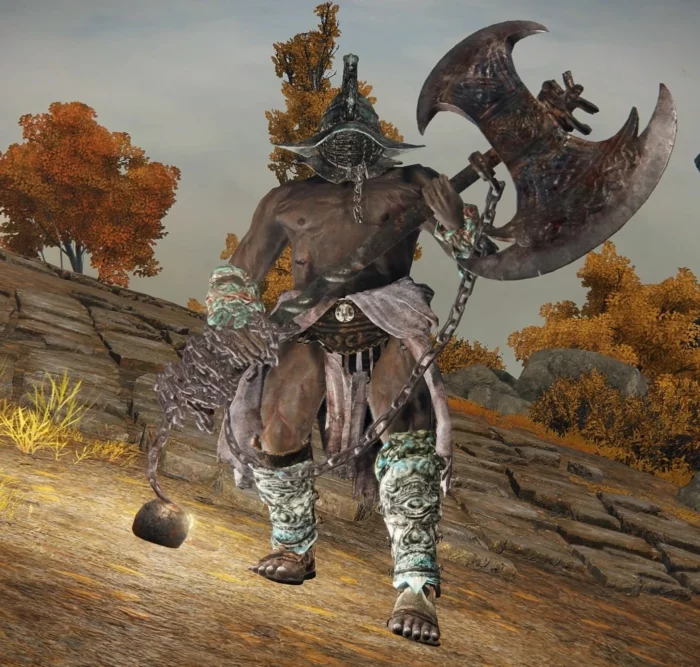
Elden Ring Berserker Build
The Berserker build is another excellent choice for PvP. This build focuses on Strength and Vigor, allowing for heavy damage and high health. Berserkers can take a lot of damage while dishing out powerful attacks, making them formidable opponents in the Colosseum.
With this build, you’ll want to equip heavy armor and weapons that scale well with Strength. Your high health pool will let you endure enemy attacks, and your high damage output will make every hit count.
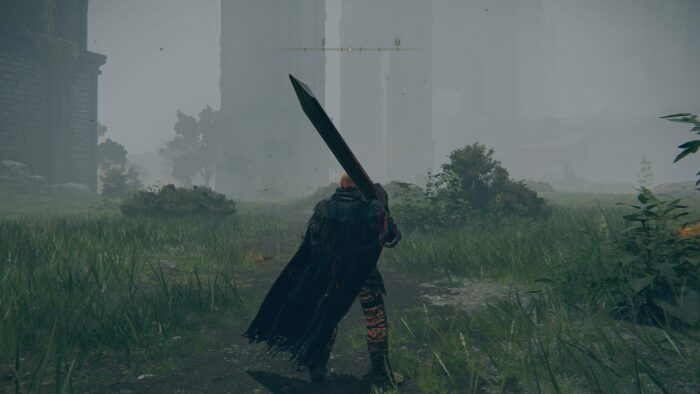
Key Abilities to Focus On
While creating your build, there are certain key abilities that you should focus on, depending on your playstyle:
- Strength and Dexterity: These are crucial for melee-focused builds. They increase your damage output with weapons and allow you to use a wider variety of weapons effectively.
- Intelligence and Mind: These are essential for spellcasting builds. They increase your magic damage and allow you to use more powerful spells.
- Faith and Arcane: These are important for hybrid builds. They allow you to utilize both physical and magical attacks effectively, providing greater versatility in combat.
- Endurance and Vigor: These are vital for all builds. Endurance improves your stamina, allowing you to perform more actions before needing to recover, while Vigor increases your total health, enabling you to withstand more damage.
Understanding Scaling
In Elden Ring, “scaling” refers to how well a weapon’s damage output improves as you increase a specific attribute. For example, a sword that scales well with Strength will deal more damage as you increase your Strength attribute.
Understanding the scaling system is crucial for optimizing your build. Each weapon in Elden Ring has a specific attribute (or attributes) with which it scales. Paying attention to these can help you choose the best weapon for your build and playstyle.
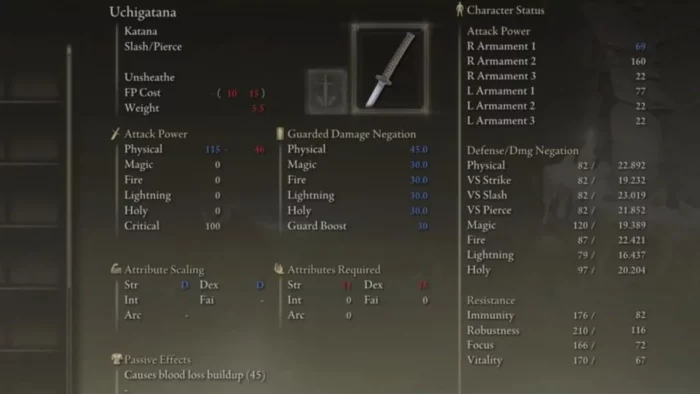
Conclusion
Building your character in Elden Ring is a critical part of the gameplay and can greatly influence your experience of the game. From choosing the right attributes to understanding weapon scaling, there’s a lot to consider. Whether you’re interested in PvE or PvP, there’s a build that can suit your playstyle and help you conquer the challenges that Elden Ring presents.
Remember, these builds and strategies are just recommendations. The beauty of Elden Ring, like other FromSoftware games, is the freedom it offers players to experiment and find a playstyle that suits them best. Don’t be afraid to try different builds until you find one that fits your preferred way of playing.

